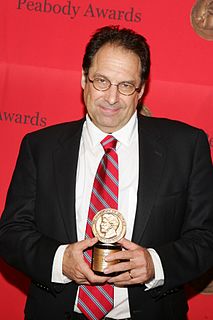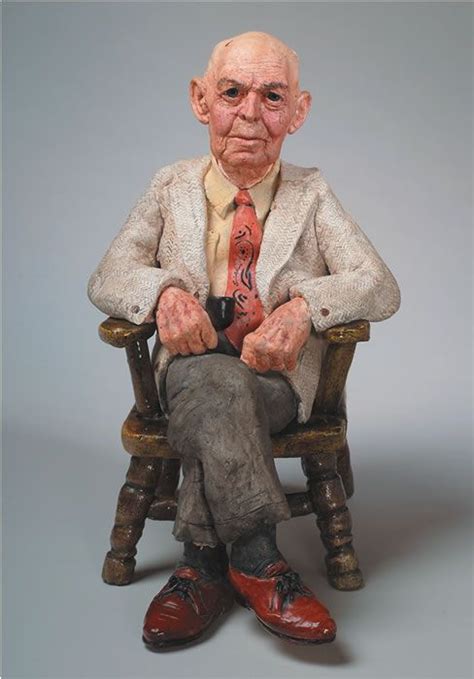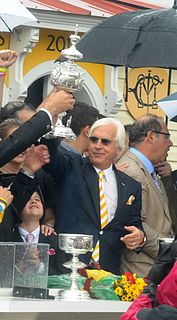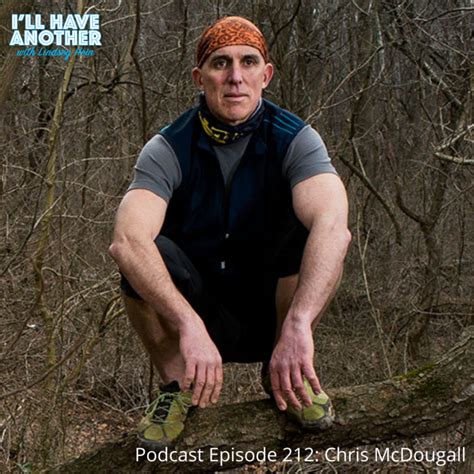A Quote by David Milch
Most races are claiming races. For the lower-caliber horses, it's a way the track has of forcing people to run their horses at approximately the price at which they would not mind having the horse bought.
Related Quotes
I realized horses have personality when I bought one and I had one, who's now out to pasture, a horse named Drifter. Before that, I was a city boy. Horses, I used to go out to the LaBagh Woods and ride at a stable once every two years or something; no idea about horses. Dogs, I knew, had personalities, but not horses.
I have to say my relationship with the horses is the biggest thing, and it grows. I love horses more and more every day, and I'm breeding, so when I'm playing a horse that's the son of a horse, the daughter of a horse I used to play, it's like bonding. So I think that's the most amazing part of it. It's the passion that we polo players have for the horses first, and then the game and the strategy of the game and winning and the team and your teammates, all of those things are a big part of it, but the horses are my favorite part.
When one makes sculptures of horses, one remembers all of that great relationship that humans had with them.....Even today one raises horses only for dressage, the races, for the pleasure of horseback riding. It has become an animal of romance, an animal of pleasure which has lost its utility in the West.
Horseshoes are lucky. Horses have four bits of lucky nailed to their feet. They should be the luckiest animals in the world. They should rule the country. They should win all their horse races, at least. 'In the fifth race today, every single horse was first equal...one horse threw a shoe came in third...the duck was ninth...and five ran.'
There's an ancient bond that still exists today between horses and humans, it is even there with people that have never ridden a horse or been around horses. The horse is what settled the entire west. If it weren’t for the horse they’d probably be only a couple hundred miles from where they started. A lot of people don’t realize how much they owe the horse because it’s not so much a part of our culture right now as it used to be.
If you have a horse that can beat horses worth $20,000, typically you enter it in a $20,000 claiming race. Now there might be people who feel their horse is worth $20,000, and they say, 'I wouldn't mind seeing the horse get beat.' So they'll enter it for $40,000 so the horse looks like it's performed badly.
Technological revolutions are very hard to predict. My favourite example is someone in 1850 taking care of horses as a farrier. They would have said, "Look, horses have been part of human existence for 5,000 years. We are horse people. It's permanent." But all of a sudden, the internal combustion engine comes along and, with it, oil fields and automobiles, which basically replace the horse completely. So we often have these long periods of stability and then a sudden inflection point.

































